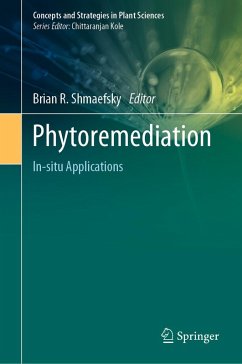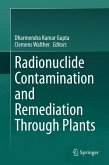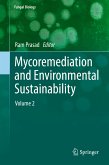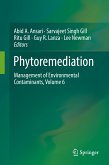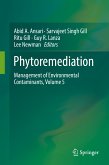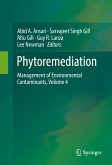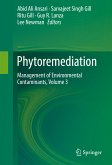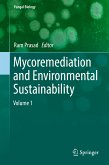This book provides in-situ phytoremediation strategies that are particularly well suited for developing nations. Its goal is to promote the use of field-tested phytoremediation methods for removing soil and water pollutants from agricultural, industrial, military, and municipal sources. These strategies include using algae and a variety of aquatic and terrestrial plants. The book subsequently discusses the use of crops and native plants for phytoremediation, and how phytoremediation efforts impact the rhizosphere. After having finished the book, readers will be able to directly adapt the strategies described here for their specific purposes.
Dieser Download kann aus rechtlichen Gründen nur mit Rechnungsadresse in A, B, BG, CY, CZ, D, DK, EW, E, FIN, F, GR, HR, H, IRL, I, LT, L, LR, M, NL, PL, P, R, S, SLO, SK ausgeliefert werden.

